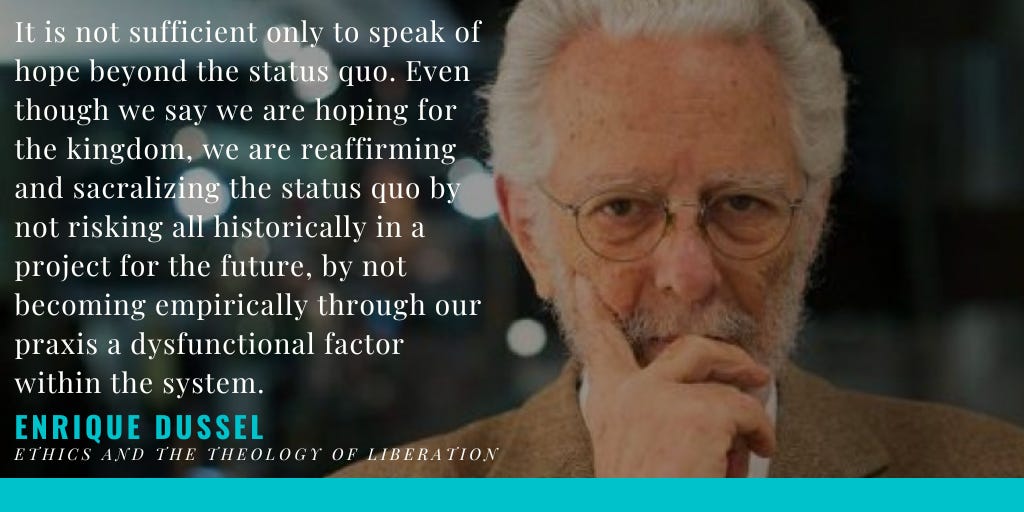Confession of a Reluctant Church Consumer
A Lament of Compromise
My family has entered a new era of church life, and, to be transparent, I’m grieving.
This grief is complex. It encompasses the loss of a shared life with a community of disciples I dearly love, a transition out of the kind of ministry I dreamed about as I completed my doctoral work and unexpectedly found myself doing (thanks be to God), and a compromise with the kind of church I have criticized my entire adult life.
This reflection is about that last part. I confess, my wife and I have made a conscious decision to become consumers of a service that only “big church” can provide, namely, youth ministry.
Since this is a public post, I should say at the top that my point is not to throw shade on our new church home, or any like it, for that matter. The criticism is long-standing, shared by many of like mind, and, I presume, well-known to the leaders of my congregation. It’s not personal or particular, but me being me, I’ll keep it unvarnished.
My point, rather, is to confess the tensions that even the most committed critics of “attractional church” can experience. For me, the tension regarding youth ministry is especially sharp.
Listeners to the podcast may recall that my youth group experience played a pivotal role in setting me on the path to the mission field, theological study, and the very critique of Western church conventions at issue. The irony is rich. But the fact is, deconstruction can happen from the inside. For me it did because I ended up in a church big enough to support a full-blown youth ministry that employed a “dysfunctional factor within the system.”
Of course, God uses whatever he pleases for his purposes, and the failings of the church in any time or place may occasion those means. That truism doesn’t blunt the critique that is due those failings.
My children have grown up in house churches and small churches. And I have always had a fear that they were missing something pivotal because a big, fully funded, well-led youth group wasn’t available to them. Again, no shade on the ways those other experiences have shaped them. To state the truism differently, God uses all kinds of churches to form young people for his purposes. And again, that truth doesn’t diminish the significance of what is practically only possible in a large youth group.
So, as my family transitioned to Abilene with two high schoolers who have known a serious amount of displacement in their short lives, Megan and I decided to prioritize those possibilities. To be blunt, we opted for a big church because of the youth ministry services it could provide—and for no other reason. I suppose we’ll find other reasons with time. But for now, the decision runs against such major commitments that it is unquestionably a compromise.
Those who know me well might well use the word uncompromising to describe my bent. No doubt unflatteringly at times. But there it is. Which makes this decision pretty angsty for me.
I find no relief in confession. It just feels necessary. Perhaps, down the road, the tension will ease for reasons I can’t foresee. Or not. Whatever the case, the tension and grief merely represent the many compromises we make with the realities of the church. God’s people gathered in any time or place inevitably manifest myriad contradictions. There is no ideal church life. Not yet. So we make compromises, and we lament. For my part, giving up is not on the table. Becoming a dysfunctional factor within the system always is.




I know you will find other reasons with time, but for now your children’s formation will suffice.
Don't be too hard on yourself, mate.